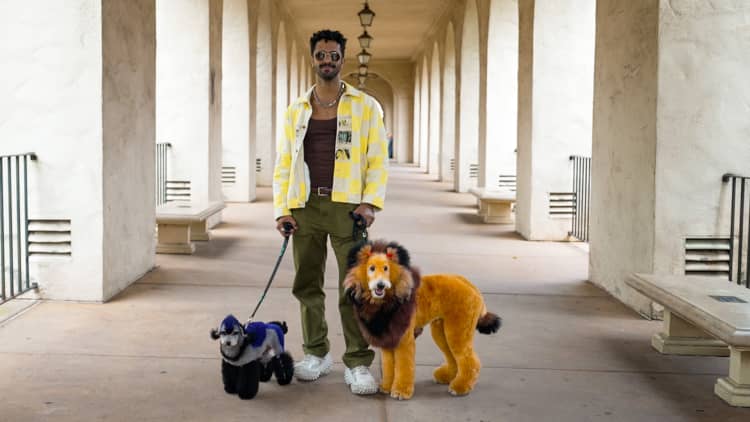Sometimes, a toxic workplace can catch you by surprise — but in most cases, if you pay attention during the interview process, you can spot the warning signs before accepting a job offer.
Sixty-five percent of job seekers consider jobs that require more than three rounds of interviews to be the biggest "red flag" of a bad work environment, according to a new Monster poll of more than 6,000 workers.
Requiring more than three rounds of interviews could indicate that the company is indecisive or disorganized, and because a company's hiring process reflects its culture, it may not be a good sign for how they'll run other aspects of their business, Monster career expert Vicki Salemi tells CNBC Make It.
"In some instances, there is a valid reason for the lengthier hiring process, like maybe certain executives are traveling or it's difficult to line different hiring managers' schedules up," she adds. "But if they're dragging it out, it likely means they don't respect the candidate's time or aren't confident about what they're looking for."
Why job interviews are getting longer
It is important to note, however, that job interviews are getting longer across all industries.
On average, entry-level workers are looking at a hiring cycle of about six weeks, according to recent research from LinkedIn. For more senior roles, the average hiring cycle is seven weeks.
The rising popularity of lengthy interviews is a direct result of a highly competitive labor market, Steven Leitch, a career coach and resume expert, told CNBC Make It back in June.
"With the rise of remote work and a larger pool of talent accessible to companies, they are increasingly cautious and seeking more ways to assess candidates thoroughly," he added.
How to spot this 'subtle' red flag'
You can't change a company's interview process, but you can get a better understanding of their hiring timeline — and the logic behind it — so you know what to expect.
At the end of an initial screening call with a recruiter or hiring manager, Salemi suggests asking the following question: "What is the timeline for filling this position?" or "What next steps can I expect in the hiring process?"
After a first-round interview, you can also ask the recruiter, or whoever your main point of contact is, how long the position has been open, and if they can share any context around why they're hiring for it now.
"Some companies might be hesitant to share details, but ideally, their answer can help you figure out if this was a result of someone quitting, getting fired, promoted, or if it's a new role entirely," she says. "If they hint at layoffs or frequent turnover, that could be a sign of a toxic workplace."
Most companies want to hire the right people quickly, Salemi adds, "but they could've been burned by a poor hiring decision in the past, and want to be cautious."
Having transparent conversations with the hiring manager upfront can help you decide if it's a job worth being patient for — or if you should consider other opportunities.
DON'T MISS: Want to be smarter and more successful with your money, work & life? Sign up for our new newsletter!
Check out:
Landing a new job right now could take you nearly 2 months, according to LinkedIn



